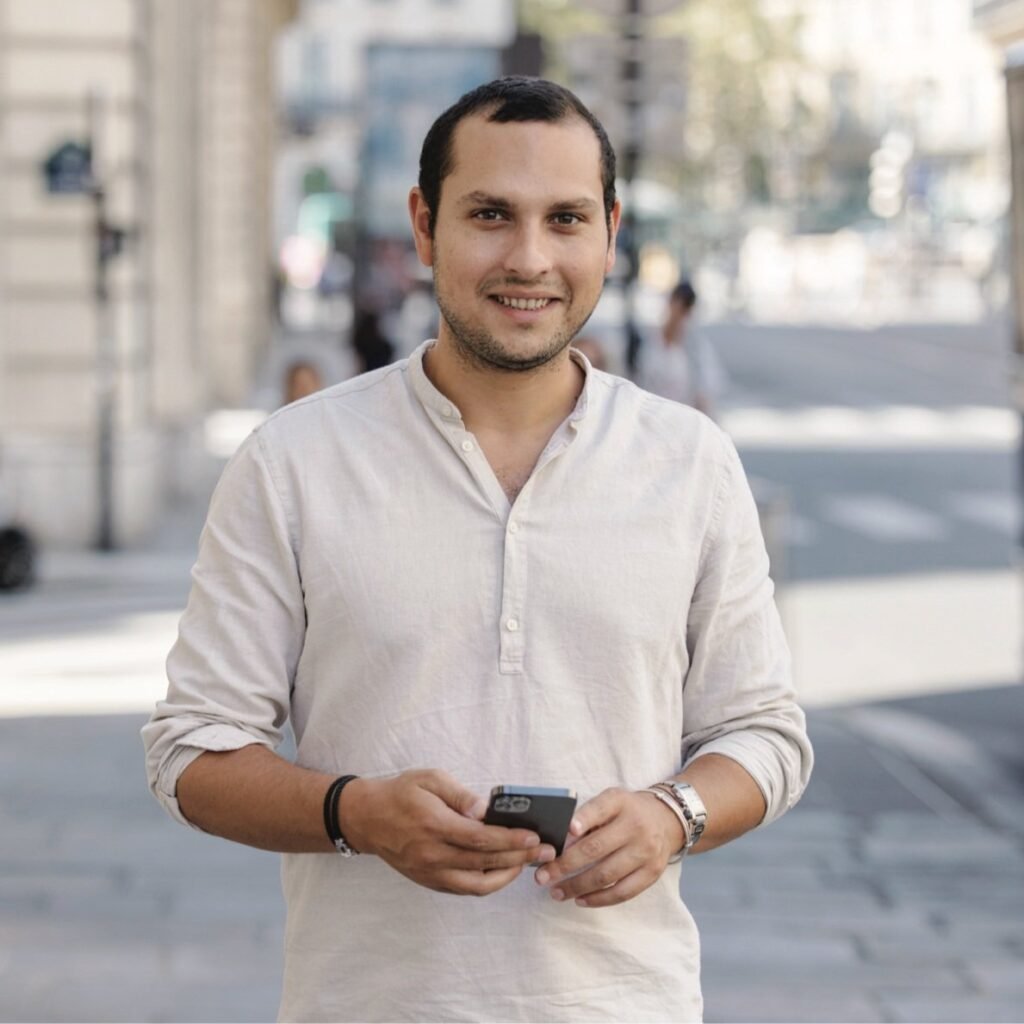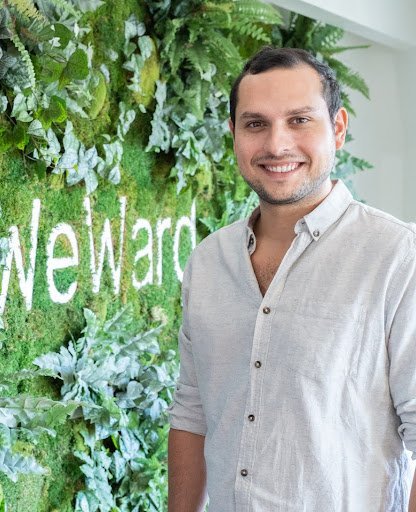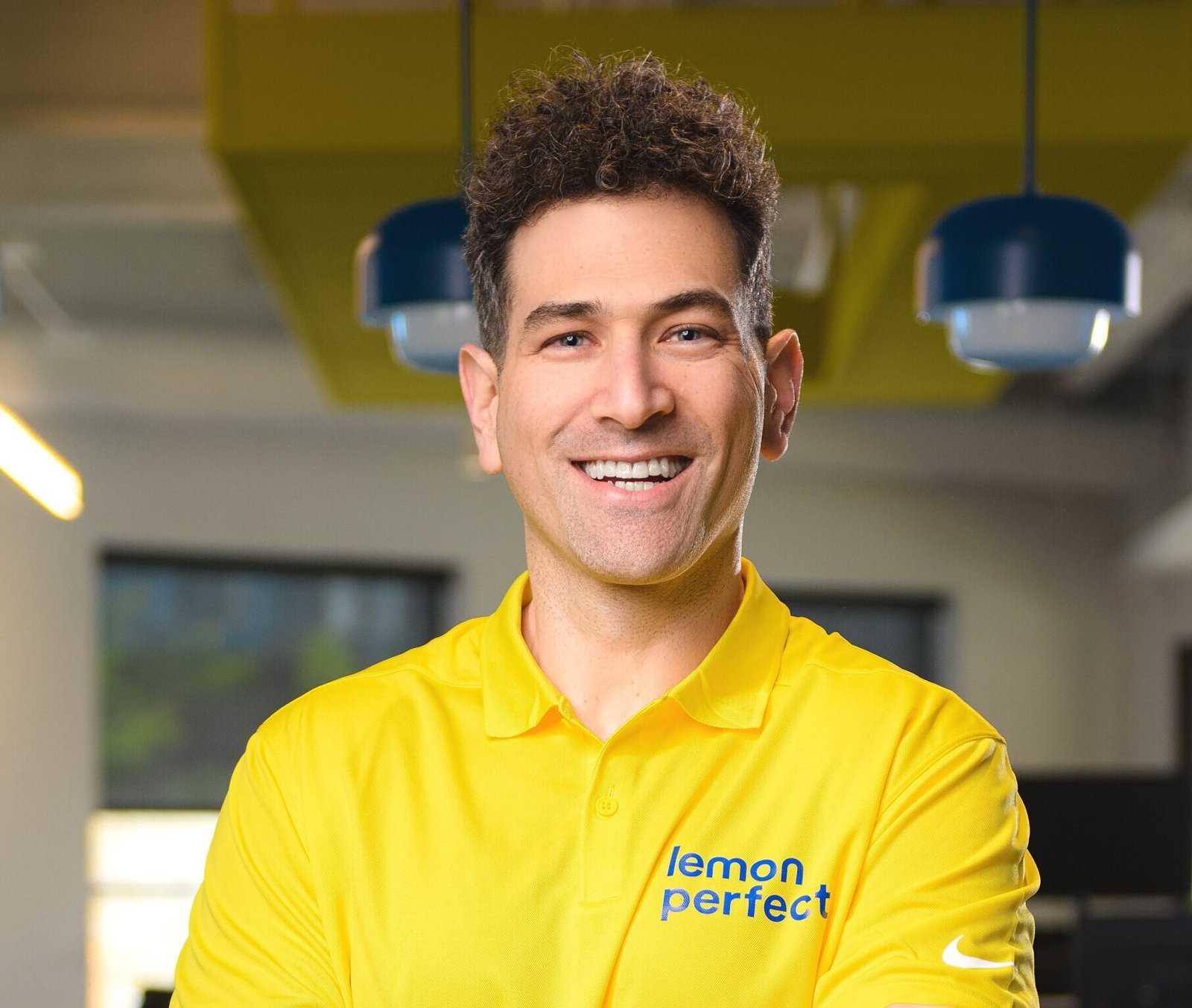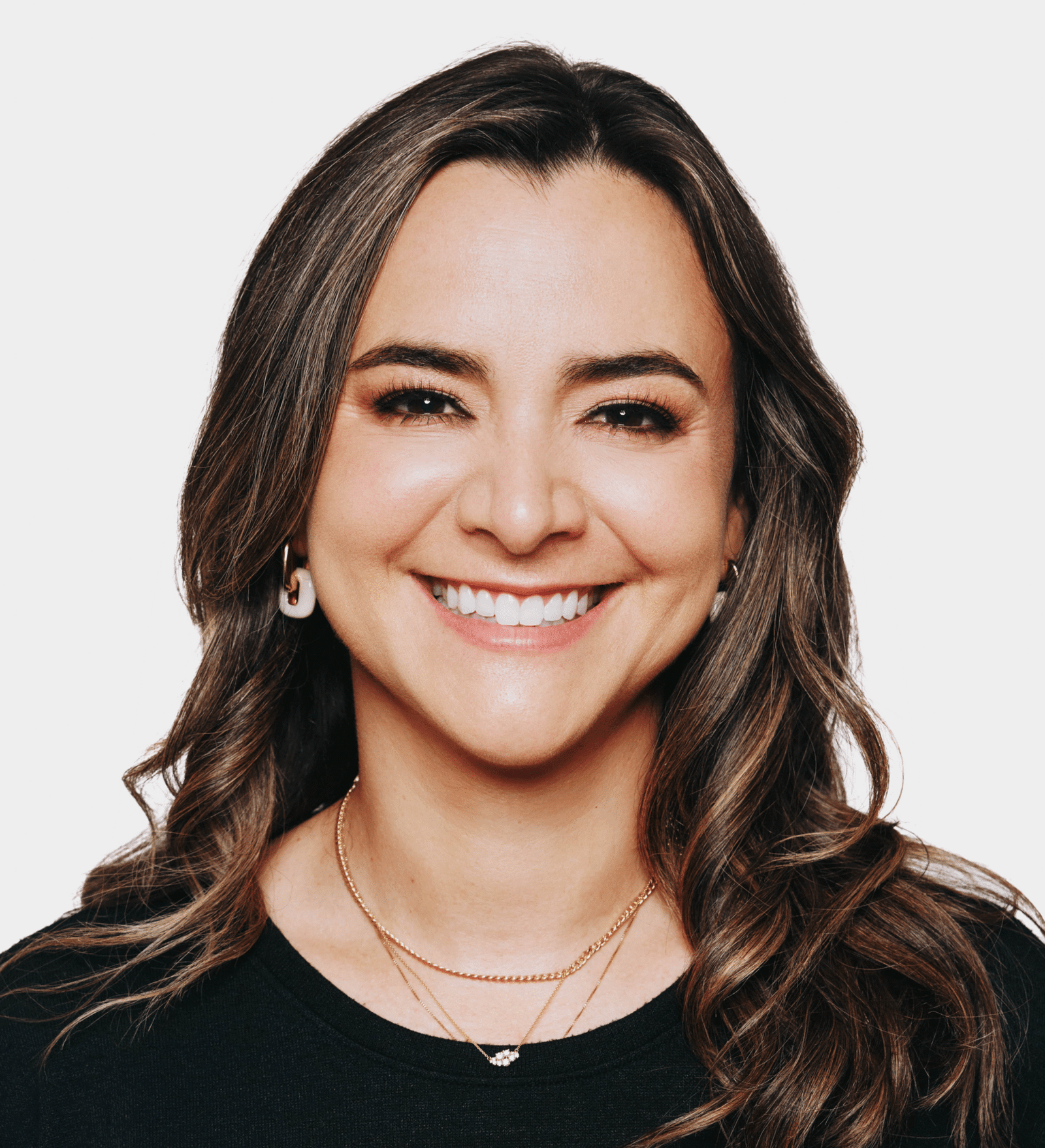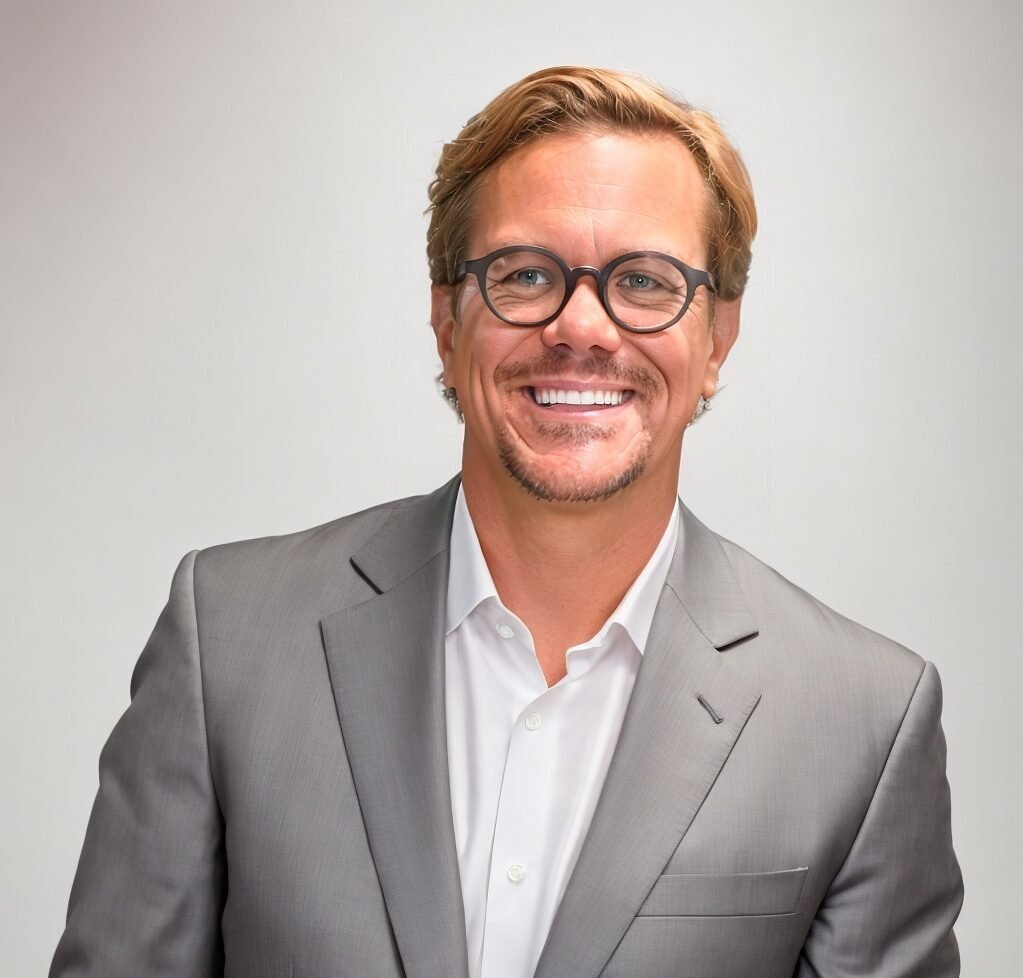I recently went one-on-one with Yves Benchimol, co-founder and CEO of WeWard.
Adam: Thanks again for taking the time to share your advice. First things first, though, I am sure readers would love to learn more about you. How did you get here? What experiences, failures, setbacks, or challenges have been most instrumental to your growth?
Yves: Thanks for having me! The first thing people should know is that I’m an engineer at heart, but I always knew I had the entrepreneurial bug. My journey began after I completed my Master’s in Entrepreneurship from UC Berkeley. From there, I was eager to start my own venture and began building a B2B consumer insights company called Occi. It was an incredibly valuable learning experience that was essentially a crash course in entrepreneurship in the span of a few years, but it also made me realize I wanted to work in the consumer apps space to have a more direct and tangible impact on people’s lives.
In 2019 I started WeWard, and while the business had a successful first year, a major setback we faced—along with the rest of the world—was dealing with COVID. We were an app whose whole premise was to encourage people to spend more time walking outdoors, and now, the government was telling everyone to stay home. We had to quickly pivot our business model and think through alternative ways to engage with users while they were stuck indoors. It was a challenge, but the changes we made ultimately ended up being more profitable than our original business model, and the creative campaigns we implemented during COVID are what helped set us apart and build awareness among new users. The lesson here is to view every challenge as an opportunity to take a more creative approach to problem-solving and to trust that your product will likely be stronger as a result.
Nowadays, our biggest challenges are what most startups face after the first few years of launching: refining our core product and building awareness in new markets. With both, I’m always encouraging my team to bring nontraditional ideas to the table and will usually green-light them if they present a compelling case (backed by data, where possible). Some of our app’s greatest ideas have come from all across the company, so it’s important to me that we continue fostering a culture around learning, experimentation, and taking big risks.
Adam: How did you come up with your business idea? What advice do you have for others on how to come up with great ideas?
My co-founders and I all come from engineering backgrounds, so we’re well aware of how staring at a computer all day without any motivation for exercise can take a toll on your physical and mental health. The more research we did, the more we realized this issue around inactivity was a very real thing, and from these findings came the idea to develop a product to disconnect people from their screens and connect them with their surroundings. I decided to focus on walking specifically since it’s already an integral part of people’s daily lives, and also, pedometers are integrated into all smartphones, so it seemed like an easy way to measure people’s daily step count.
From this experience, I’d recommend three steps to coming up with an idea that directly addresses a real-world issue:
-
First-hand experience: Look into your everyday life and pay attention to the issues you experience first-hand. Chances are, there are plenty of gaps where a great business idea could exist.
-
Research the market: From there, validate whether your idea hits a universal pain point by doing the research. Ask family and friends, implement surveys, etc. Do what you must to confirm there’s a market that exists to support the product.
-
Keep it simple: Great ideas don’t always have to be complex new inventions. A lot of the time there’s existing tech stacks that can be tapped or leveraged to help get your product off the ground.
Adam: How did you know your business idea was worth pursuing? What advice do you have on how to best test a business idea?
Yves: It’s always difficult to accurately predict the reaction users will have, but what I’d suggest is launching a minimum viable product as soon as you can to gauge initial feedback and iterate from there. For us, we saw strong retention and virality from our earliest days so we knew we were headed in the right direction. When it finally came to expanding globally, if we were testing out launching in a new market, we’d always validate it first by considering factors such as ad revenue potential, the native language, and how popular apps in our sector are to that region.
The last piece of advice I’d give when testing an idea is to make sure you’re defining your measurement of success early on and to hold your team accountable on tracking its progress to ensure it’s going in the right direction.
Adam: What are the key steps you have taken to grow your business? What advice do you have for others on how to take their businesses to the next level?
Yves: An ongoing goal for growing the business involves bettering the product experience every day. We have a team dedicated to iterating the platform, which involves removing bugs and testing out new features to see what resonates best with users. The platform we have now is obviously not the same one we had when we first launched, so I’d encourage others to start with a simple proof of concept, and then give your team the freedom to test, learn, and experiment in order to drive the best product experience possible.
The second thing we’re doing is a global expansion, which actually happened earlier this summer when we launched in 20 new countries. Sometimes, a product that fits perfectly in one region won’t make sense in another, and that’s okay. But you should ask those questions first and do the research rather than expanding into a new market for the sake of growth. Another step that I took when we expanded internationally was relocating to New York. As a global hub, New York has unlocked plenty of opportunities in terms of networking and also just being at the center of cultural conversations, which has helped inform how we want to cater our platform to users.
Adam: What are your best sales and marketing tips?
Yves: Always remember to put yourself in the shoes of your customers/users. It sounds obvious, but it’s perhaps the most critical step to making sure you are delivering the message that will resonate most. Quite often when you’re the one working closely on a product, it’s very easy to under-explain its concept or just expect that it’s going to click with users. Step away from the messaging if you have to and come back to review anything you’ve written with a fresh POV and act as though you are encountering your own brand for the very first time.
Adam: What are the most important trends in technology that leaders should be aware of and understand? What should they understand about them?
Yves: As someone who studied AI during my academic journey, it’s incredibly exciting to witness its rapid evolution and widespread application across nearly every vertical. The possibilities for AI to transform industries are endless, and I feel optimistic about its future potential. At WeWard, we’re leveraging AI to enhance personalization and recommendation systems, which significantly improve user experiences. Additionally, we’re utilizing AI to boost efficiency across various departments, including marketing, support, and tech.
We’re already seeing other companies do the same, and I think it’s going to be even more commonplace. These applications not only optimize daily operations and drive down costs, but they also support innovation in the product itself because of how quickly they allow companies to test and iterate.
It’s easy to be doom-and-gloom about AI, and I agree it should be approached with caution and guardrails as with any major technological development. But we should also take advantage of all of the benefits it can afford us. AI should be viewed as a tool, not a replacement, for teams.
Adam: In your experience, what are the defining qualities of an effective leader? How can leaders and aspiring leaders take their leadership skills to the next level?
Yves: There are of course many, but if I were to call out what I view to be the top three, they would be the following:
-
Be transparent: Employees should know how a company is performing, whether it’s good or bad. This allows everyone to be on the exact same page, make the best-informed decisions based on real-time insights, and create a greater feeling of unity and shared purpose.
-
Build trust: Trust is an essential part of building a team that is able to iterate quickly and feel comfortable sharing their ideas and perspectives. To build this trust, leaders should prioritize making employees feel a sense of ownership and empowerment and also make it clear how their role contributes to the success of the organization.
-
Have a clear vision: To have a clearly communicated vision is to articulate what success for the company looks like in the long term, and to ensure the whole team is aware of this vision. Having this guidance is essential because it acts as a North Star that informs every decision that’s made at the organization, making sure that employees are moving towards the same goal. From a talent perspective, having a clear vision also ensures you are attracting the right people who align with what the company is striving to achieve. Both of these outcomes result in a higher retention rate and stronger internal alignment that allows a company to excel above others
Adam: What are your three best tips applicable to entrepreneurs, executives, and civic leaders?
Yves:
-
Start now, not tomorrow. The faster you test and iterate, the better.
-
You should always be two steps ahead; don’t only think of short-term results, but also scalability.
-
Profit, planet, and people do not have to be mutually exclusive. Nowadays, consumers and employees alike are paying attention to the ethos behind the brands they back, so it’s important for companies to measure success not just by revenue but also by the impact they are having outside their target customer base.
Adam: What is the single best piece of advice you have ever received?
Yves: Winners are not those who never fail, but those who never quit (book by Edwin Louis Cole).


